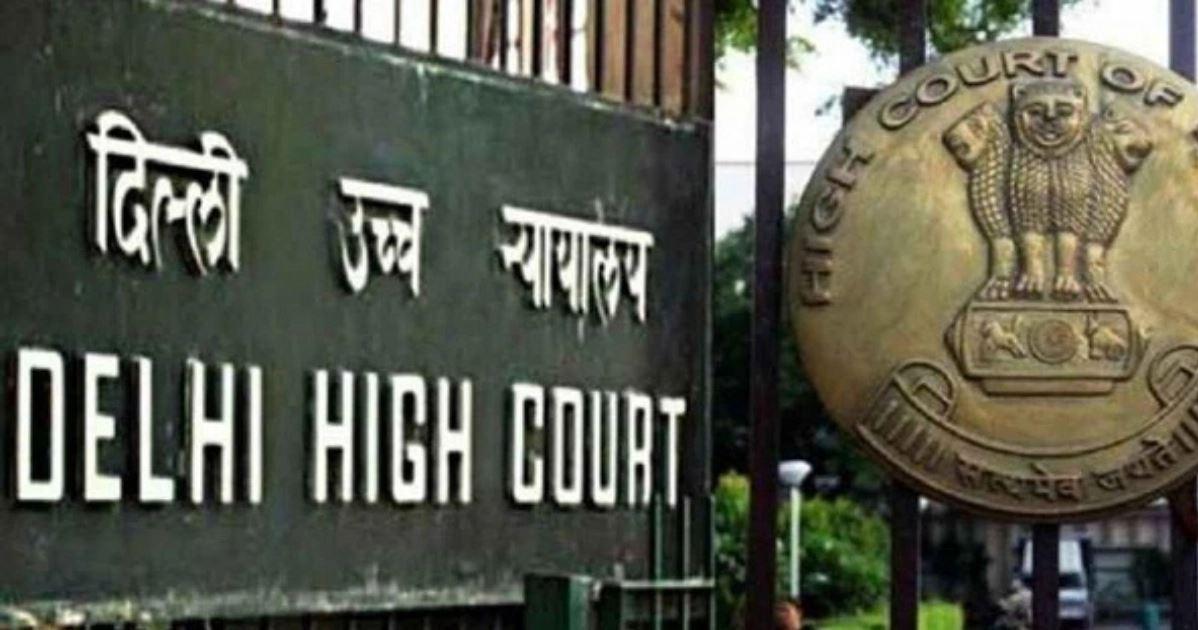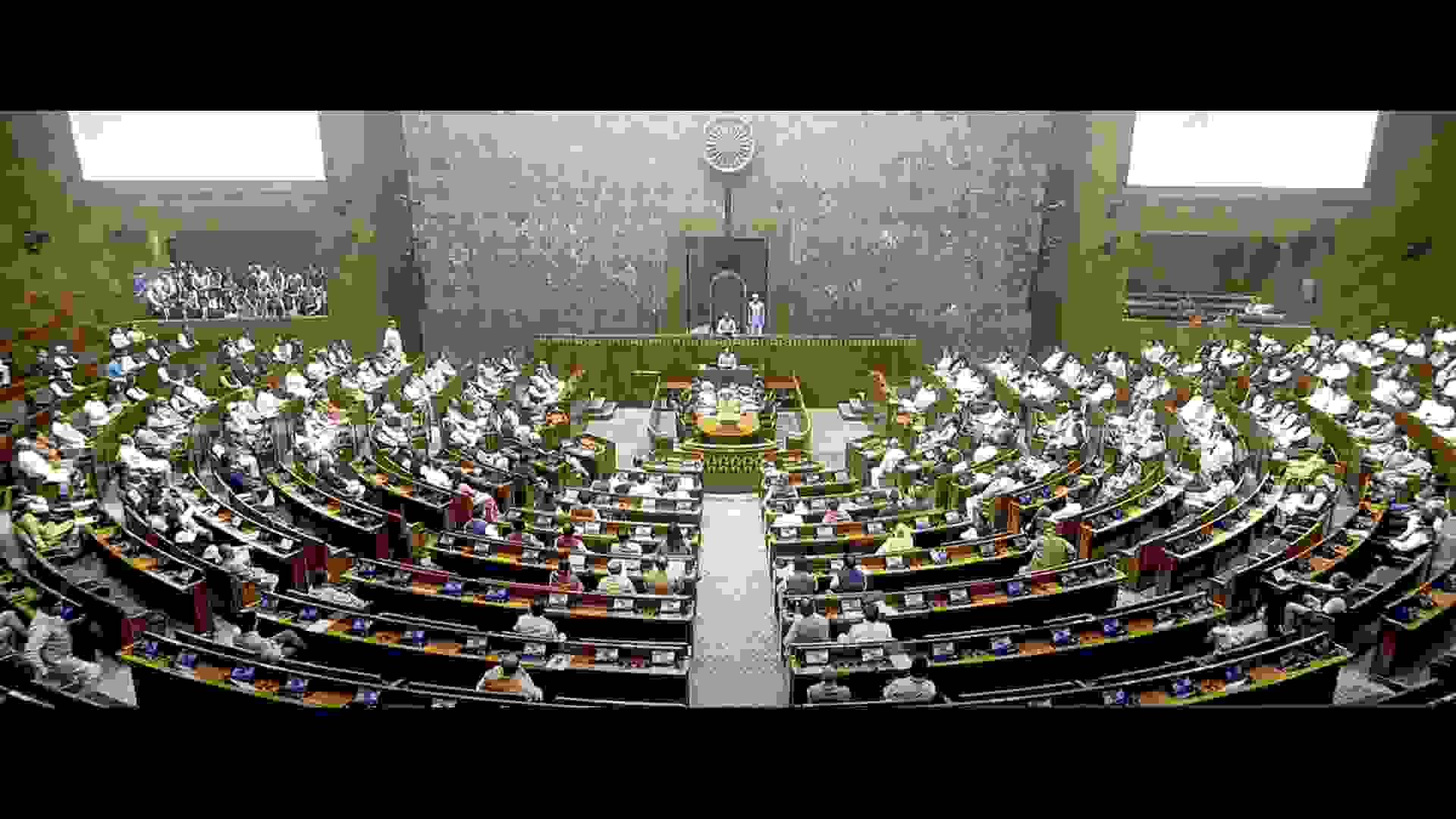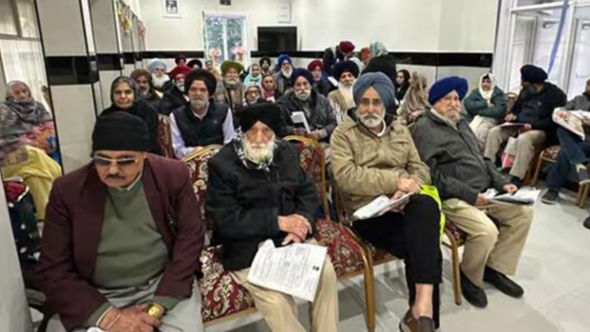
The Delhi High Court in the case Harsh Vibhore Singhal v. Union of India observed wherein a public interest litigation has been moved before Delhi High Court challenging various provisions of the Prisons Act, 1894, which relates to corporal punishment of inmates for acts of indiscipline. Thus, it has been argue din the plea that the provisions are ultra vires of Article 14, Article 19(1)(a), Article 20(2) and Article 21 of the Constitution of India.
The division bench comprising of Chief Justice Satish Chandra Sharma and Justice Subramonium Prasad in the case observed and has listed the matter for hearing on May 23, 2023 along with the similar PIL which are filed against the punishment of solitary confinement to prisoners.
Therefore, both the PILs filed are moved by Advocate Harsh Vibhore Singhal.
It has been submitted in the petition that the corporal punishment of inmates is “degrading, demeaning and sadistically cruel” and thus, the same is unconstitutional.
The bench stated that unfortunately, the increasing inhumanity of corporal punishment has also reduced the criminal jurisprudence to a meaningless hollow discourse and therefrom absent is any acknowledgement of the actual day-to-day experience facing inmates, or the suggestions being made that, although corporal punishments can be degrading as they need not be.
Further, it has also been submitted that the impugned provisions under the Prisoners Act make jail inmates vulnerable to the corporal punishments and same are being disproportionate for any of the legitimate objective.
It has been stated in the PIL that, can a prisoner be whipped 30 times across his buttocks drawing skin, blood and tissue? Can the prisoner be made to wear ignominious clothes of gunny or of a coarse fabric, suffering food deprivations (penal diet) for 96 hours etc.?
It has also been submitted before the court that the corporal punishment gravely infringes prisoners’ human and fundamental rights, is dehumanizing and degrading and the same gets compound by the “derisive sadistic laughter of obstreperous and vituperative prison masters” while surviving such punishments.
It has also been stated that the whipping is depraved, barbaric and wanton infliction of pain and this State being a sponsored terrorism and a blot on India’s hobbled path towards human rights and for justiciable and for the humane treatment of prisoners. The petitioner in the plea seeks a direction that every State be asked for reviewing and to update its prison manual and that the provisions wherein providing powers of inflicting corporal and other forms of punishments to prison authorities be set aside.
Adding to it, the plea filed also seeks for setting up a prisoner Punishment Tribunal, suitably comprised of officials as may be determined by such government, which includes at least a sitting judge of the concerned High Court, for adjudicating of the prison offences and for giving the punishments.














